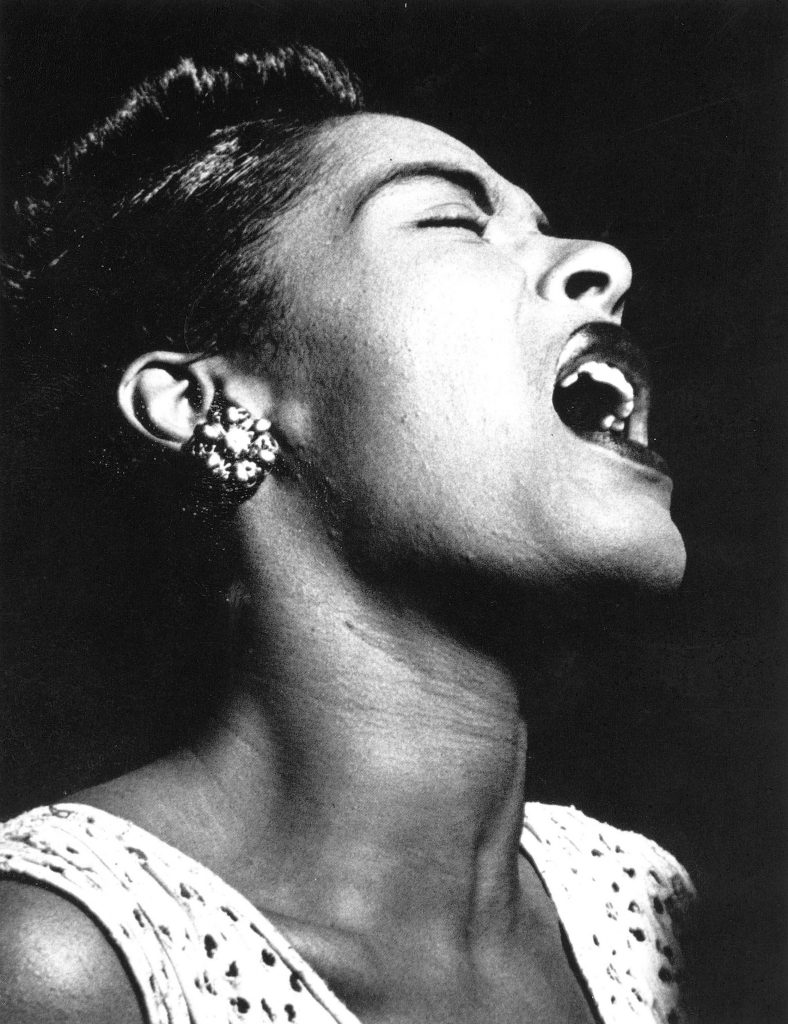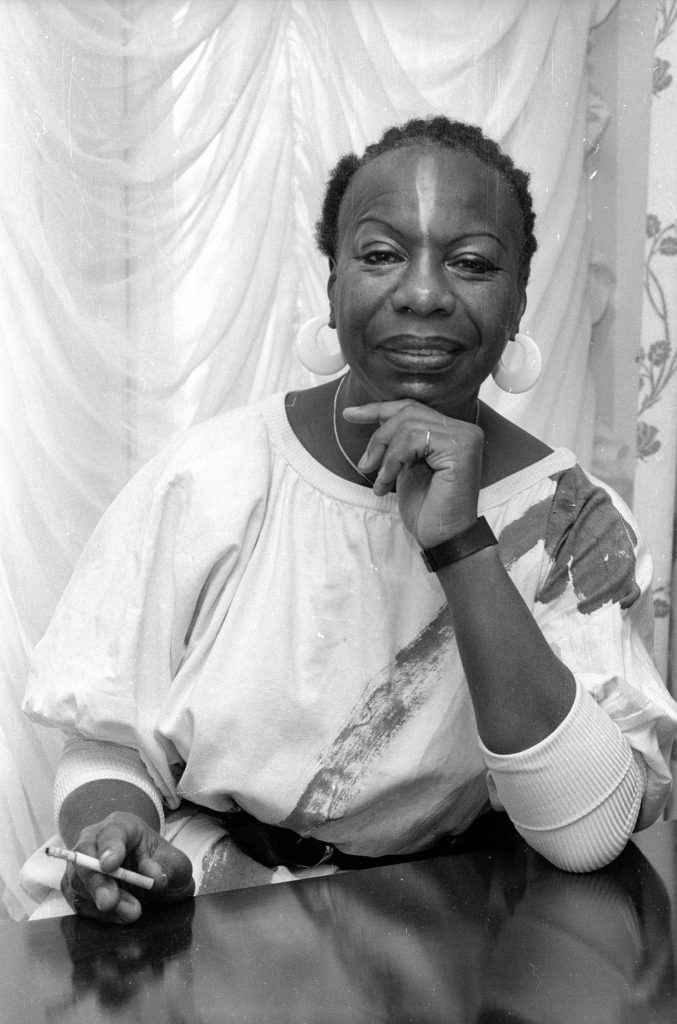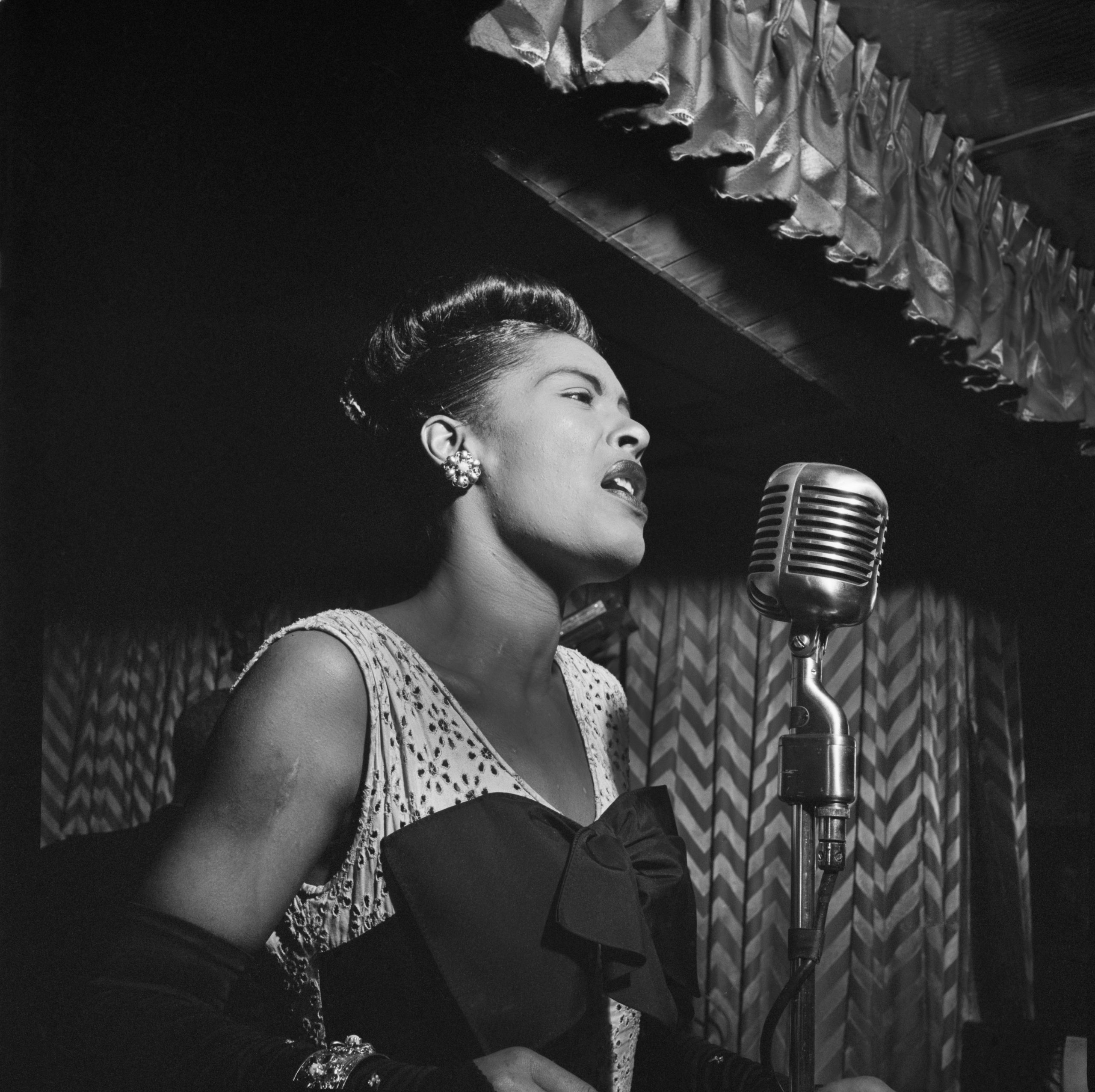Black History Month serves as an annual reminder of the countless contributions, struggles, and accomplishments of the Black community.
In this moment of reflection, we turn our attention to the profound impact of Black female musicians who have left a permanent mark on the world of music and social change.
The stories of Billie Holiday, Nina Simone, Lauryn Hill, and Solange not only celebrate their artistic genius but also provide crucial lessons on resilience, empowerment, and the fight for justice.
Their lyrics serve as a powerful tool that carries part of the narrative of Black history, making it an essential part of this month of recognition and education.

Billie Holiday’s haunting version of Strange Fruit powerfully highlighted the horrors of racism and lynching in America.
The song originated as a poem by Abel Meeropol, a Jewish communist teacher and civil rights activist, inspired by a lynching photograph.
While it received support from civil rights activists, it faced mixed reactions from predominantly white nightclub audiences.
Strange Fruit remains an important piece of history, earning the title of “song of the century” by Time magazine in 1999.

Nina Simone was not only an extraordinary singer, pianist, and songwriter but also a passionate civil rights activist.
Her timeless track Mississippi Goddam became a symbol of the Civil Rights Movement.
The song criticises political moderates’ call for a slow civil rights movement with the repetitive phrase “do it slow.” Written in under an hour, the song faced bans in many areas due to the word goddam in the title.
This song marked a turning point in Nina Simone’s career as she became more involved in the civil rights movement, impacting her professional success.
Simone’s solid commitment to racial equality and social justice through her music continues to inspire generations.

Lauryn Hill’s 1998 album The Miseducation of Lauryn Hill remains a timeless masterpiece, with its long-term popularity deep-rooted in the compelling themes it explores, including love, responsibility, and the challenges of motherhood and fame.
Hill’s hit song Doo Wop (That Thing) tackled the subject of valuing sexuality rather than objectifying it. Hill has not published an album in two decades now but her legacy continues as a powerful influence in Black culture.

Solange’s 2016 album, A Seat at the Table, is a lyrical masterpiece that delves into the experiences of Black women in America.
It was written during a period of police brutality and addresses the grief of Black people.
The music skilfully mixes delicate lyrics with modern New Orleans jazz compositions, moving from funk, soul, R&B, and hip-hop.
A Seat at the Table is not only considered a contemporary classic but also a significant contribution to vital social issues, with Cranes in the Sky a potential Black National Anthem.
As Black History Month comes to a close, we have learned precious lessons from the lives and artistry of these extraordinary black women musicians.
These artists, through their music, have gifted us with deep insights, challenging us to continue the fight for justice, celebrate diversity, and appreciate the timeless importance of their contributions.
Black history is not limited to a single month; it is a legacy that echoes through time, inspiring generations and shaping our future.

